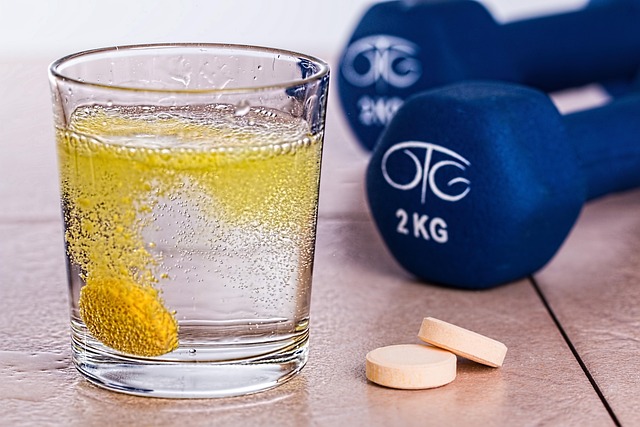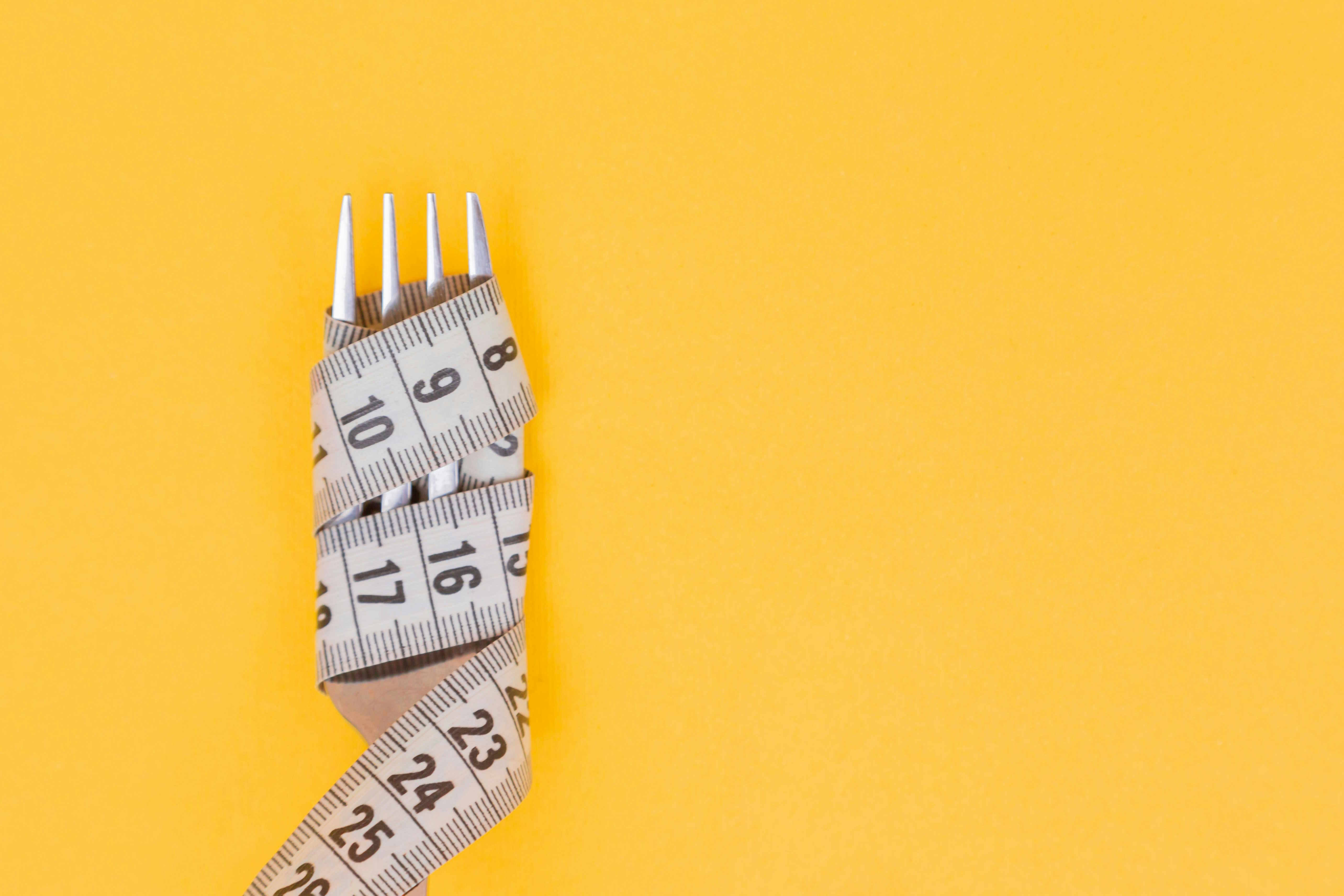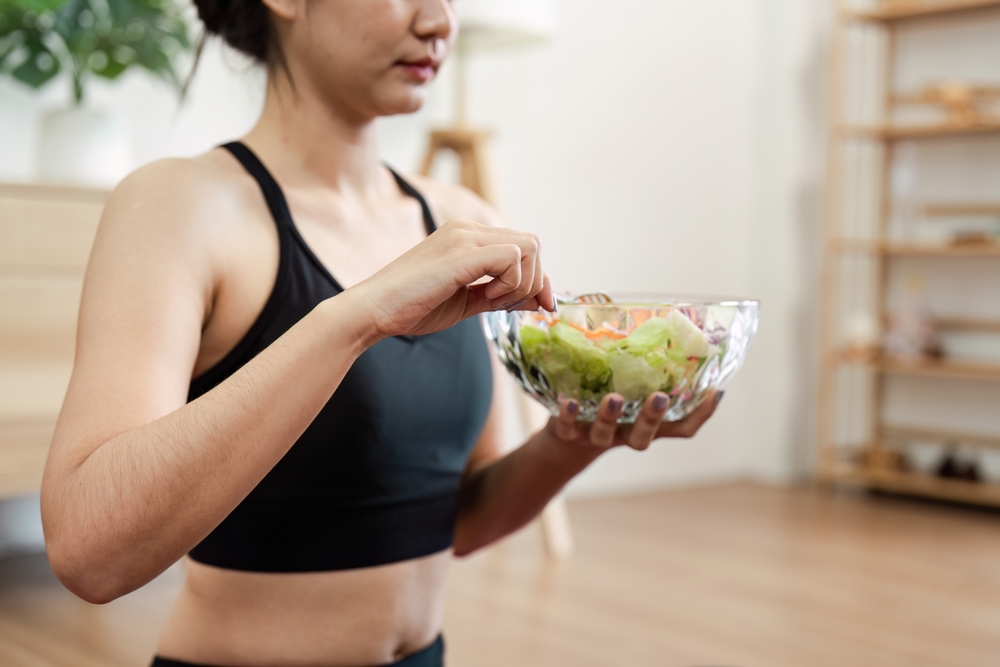The Role of Diet in Managing Overactive Bladder Symptoms
An overactive bladder can significantly impact one's quality of life, causing frequent urges to urinate and potential embarrassment. While medical treatments are available, dietary changes can play a crucial role in managing symptoms. This article explores how food choices and nutritional strategies can help alleviate overactive bladder issues and promote better bladder health.

Caffeine, alcohol, and acidic foods are common bladder irritants that can increase urinary frequency and urgency. On the other hand, foods rich in fiber and certain vitamins can support overall bladder health. By making informed dietary choices, individuals with overactive bladder can often experience significant symptom relief.
Which foods should be avoided for bladder health?
Several foods and beverages are known to irritate the bladder and potentially worsen overactive bladder symptoms. These include:
-
Caffeinated drinks (coffee, tea, energy drinks)
-
Alcoholic beverages
-
Carbonated drinks
-
Artificial sweeteners
-
Spicy foods
-
Acidic fruits and juices (citrus, tomatoes)
-
Chocolate
-
Processed foods high in salt
Reducing or eliminating these items from your diet can help decrease bladder irritation and improve symptoms. It’s important to note that sensitivities can vary between individuals, so keeping a food diary to track your reactions can be helpful in identifying personal triggers.
What foods can improve bladder health?
While some foods may aggravate bladder symptoms, others can have a positive impact on bladder health. Incorporating these foods into your diet may help manage overactive bladder:
-
High-fiber foods (whole grains, legumes, vegetables)
-
Lean proteins (fish, poultry, tofu)
-
Non-citrus fruits (apples, pears, berries)
-
Nuts and seeds
-
Probiotic-rich foods (yogurt, kefir, sauerkraut)
-
Green leafy vegetables
-
Pumpkin seeds
-
Watermelon
These foods provide essential nutrients that support overall bladder function and can help reduce inflammation. Additionally, consuming adequate amounts of water throughout the day is crucial for maintaining proper hydration and flushing out toxins that may irritate the bladder.
How can nutritional supplements support bladder health?
While a balanced diet should be the primary focus, certain nutritional supplements may offer additional support for bladder health. Some supplements that have shown promise in managing overactive bladder symptoms include:
-
Vitamin D: May help strengthen pelvic floor muscles
-
Magnesium: Can reduce bladder muscle spasms
-
Pumpkin seed extract: May improve urinary function
-
Omega-3 fatty acids: Can help reduce inflammation
-
Vitamin C: Supports overall urinary tract health
It’s important to consult with a healthcare professional before starting any new supplement regimen, as some supplements may interact with medications or have side effects.
What dietary strategies can help manage overactive bladder?
Implementing specific dietary strategies can significantly improve bladder control and reduce symptoms of overactive bladder. Consider the following approaches:
-
Maintain a consistent fluid intake throughout the day
-
Limit fluid consumption in the evening to reduce nighttime urination
-
Practice bladder training techniques in conjunction with dietary changes
-
Gradually reduce caffeine intake to minimize withdrawal symptoms
-
Increase fiber intake to promote regular bowel movements and reduce pressure on the bladder
-
Choose foods with a high water content to stay hydrated without excessive liquid intake
By combining these strategies with a bladder-friendly diet, many individuals find significant relief from overactive bladder symptoms and improved overall quality of life.
How can a balanced diet support overall bladder health?
A well-balanced diet not only helps manage overactive bladder symptoms but also promotes long-term bladder health. Focus on incorporating a variety of nutrient-dense foods to support optimal bladder function:
-
Lean proteins for muscle repair and maintenance
-
Complex carbohydrates for sustained energy
-
Healthy fats for hormone balance and inflammation reduction
-
Antioxidant-rich fruits and vegetables to combat oxidative stress
-
Adequate hydration to support proper bladder function
By prioritizing a diverse and nutritious diet, you can support your bladder health while also improving your overall well-being. Remember that consistency is key, and it may take time to see significant improvements in your symptoms.
Conclusion
Diet plays a crucial role in managing overactive bladder symptoms and promoting overall bladder health. By avoiding irritating foods and beverages, incorporating bladder-friendly options, and adopting strategic dietary approaches, individuals can significantly improve their quality of life. While dietary changes alone may not completely resolve overactive bladder issues, they can be an effective complement to medical treatments and lifestyle modifications. As with any health concern, it’s essential to work closely with healthcare professionals to develop a comprehensive management plan tailored to your specific needs.
This article is for informational purposes only and should not be considered medical advice. Please consult a qualified healthcare professional for personalized guidance and treatment.




